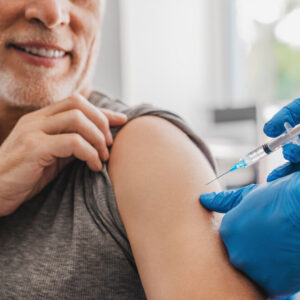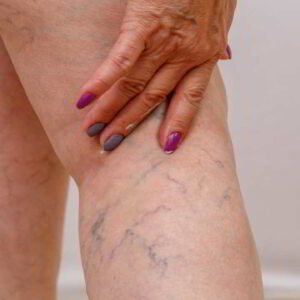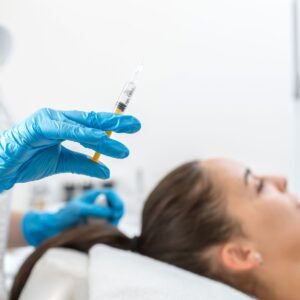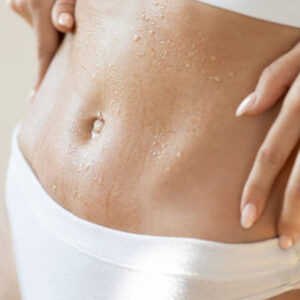Rhinoplasty in Dubai has become increasingly popular for those looking to enhance their facial harmony and boost confidence. However, while the procedure itself is an important step, what happens after surgery plays an equally critical role in ensuring optimal results and a smooth recovery. Knowing what to avoid post-rhinoplasty can make a huge difference in healing time and the final outcome. If you’ve recently undergone Rhinoplasty in Dubai or are planning to, this guide will walk you through essential precautions and common pitfalls to avoid after your procedure.
Why Post-Rhinoplasty Care Matters
Rhinoplasty, or nose reshaping surgery, involves intricate changes to bone, cartilage, and skin. The healing process is delicate, and the nose is highly susceptible to swelling, bruising, and complications. Even minor disruptions can prolong recovery or negatively affect the results. Thus, following aftercare guidelines is just as important as the surgery itself.
Key Things to Avoid After Rhinoplasty in Dubai
1. Avoid Touching or Pressing Your Nose
One of the most common mistakes after rhinoplasty is frequently touching or adjusting the nose. It might be tempting to feel the changes or check swelling, but excessive handling can disrupt the healing tissues. Avoid any pressure or bumping to prevent shifting of nasal structures or damage to delicate stitches.
2. Stay Away From Strenuous Physical Activities
Engaging in high-impact sports, heavy lifting, or vigorous exercise can increase blood pressure and cause nose bleeding or swelling. It’s crucial to avoid activities like running, weightlifting, or even bending over for at least 3-4 weeks post-surgery. Instead, opt for gentle walks and light stretching when approved by your healthcare provider.
3. Avoid Wearing Glasses on Your Nose
Wearing eyeglasses or sunglasses that rest on the nose bridge can apply unwanted pressure on the healing bones and cartilage. This pressure may cause discomfort and interfere with proper healing. Consider using contact lenses or consult your surgeon for alternative support methods during the recovery phase.
4. Refrain From Smoking and Alcohol Consumption
Smoking constricts blood vessels, reducing oxygen flow and delaying tissue healing. Alcohol, on the other hand, can thin the blood and exacerbate swelling and bruising. Both habits can significantly slow recovery and increase the risk of complications. Avoid smoking and drinking alcohol for at least several weeks following your rhinoplasty.
5. Avoid Excessive Sun Exposure
Your skin will be more sensitive post-surgery, especially around the nose area. Excessive sun exposure can cause discoloration, prolonged swelling, and scarring. Make sure to stay out of direct sunlight and apply a broad-spectrum sunscreen if you need to go outdoors. Hats and scarves can also help protect your face from UV rays.
6. Don’t Ignore Signs of Infection or Complications
While some swelling and discomfort are expected, severe pain, persistent bleeding, or unusual discharge may signal infection or other issues. It’s important not to ignore these symptoms. Promptly contacting your medical team can help address problems before they worsen.
7. Avoid Blowing Your Nose for at Least Two Weeks
Blowing your nose too soon can disrupt the internal healing process and cause bleeding. Instead, gently dab the nostrils if needed and wait until your surgeon clears you to blow your nose safely.
8. Skip Heavy or Salty Foods
Certain foods, especially salty ones, can exacerbate swelling and fluid retention in the facial area. Maintaining a balanced diet rich in vitamins and hydration aids the healing process. Try to avoid processed and salty foods during the early recovery period.
9. Avoid Sleeping on Your Stomach or Side
Sleeping position matters post-rhinoplasty. To minimize swelling and avoid pressure on your nose, sleep on your back with your head elevated for the first few weeks. Using extra pillows can help keep your head elevated and promote better drainage.
10. Steer Clear of Makeup on and Around the Nose
Applying makeup can introduce bacteria and irritate healing skin. It’s best to avoid makeup for at least a week or until your surgeon gives you the green light. If you want to conceal bruises or redness, use gentle and non-comedogenic products recommended by your care team.
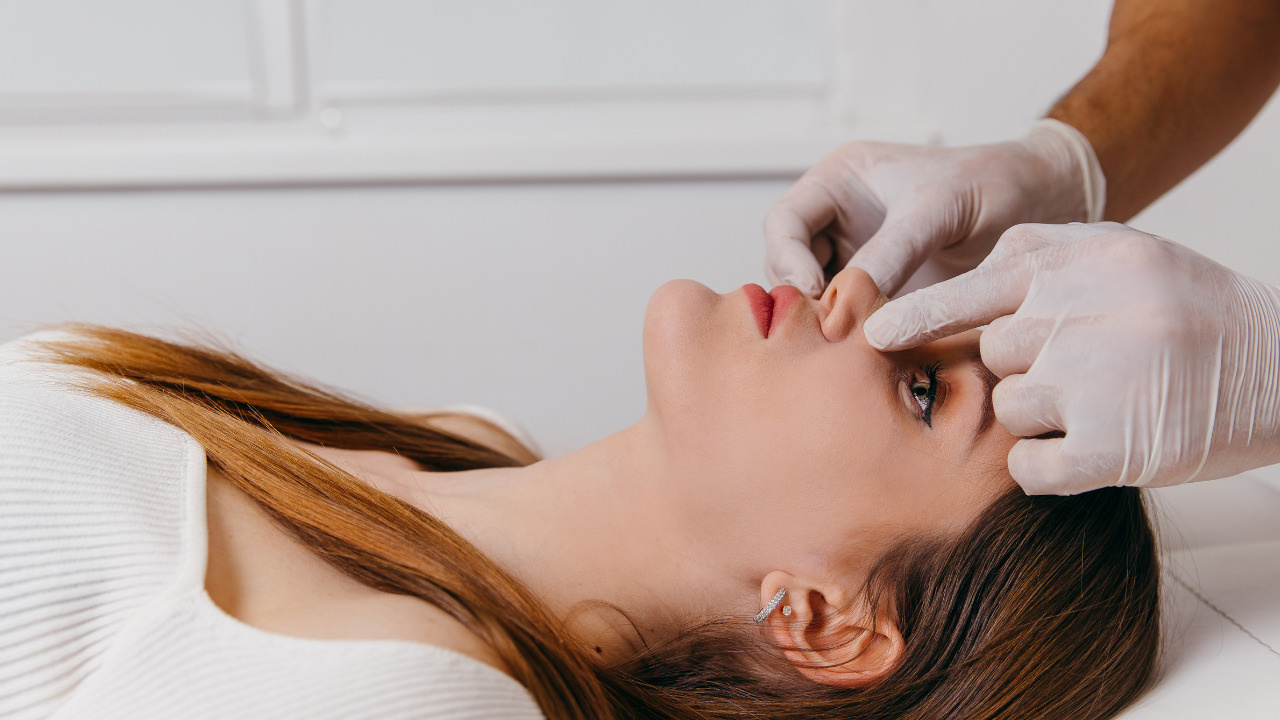
Additional Tips to Enhance Your Recovery
-
Stay Hydrated: Drinking plenty of water flushes out toxins and keeps tissues healthy.
-
Follow Medication Instructions: Take prescribed antibiotics, pain relievers, or steroids exactly as directed.
-
Attend Follow-Up Appointments: Regular check-ups ensure your healing is progressing well and help catch any issues early.
Final Thoughts
Rhinoplasty Dubai offers incredible possibilities for facial transformation, enhancing your appearance and boosting confidence. However, your role after surgery is just as vital as the procedure itself in achieving the best outcome. Proper care during the healing process is essential. Avoid common pitfalls like touching or bumping your nose, engaging in strenuous activities, smoking, and excessive sun exposure. These actions can delay healing or affect results negatively. Follow your surgeon’s advice carefully, stay patient, and be gentle with your body. Taking these steps seriously will significantly improve healing and ensure you enjoy the best possible long-term results.
